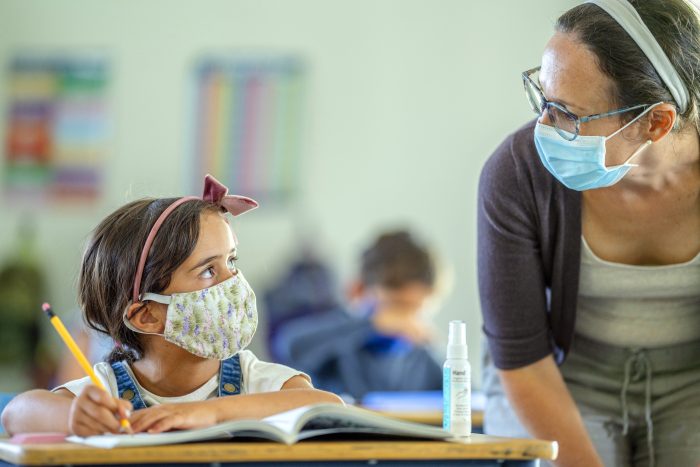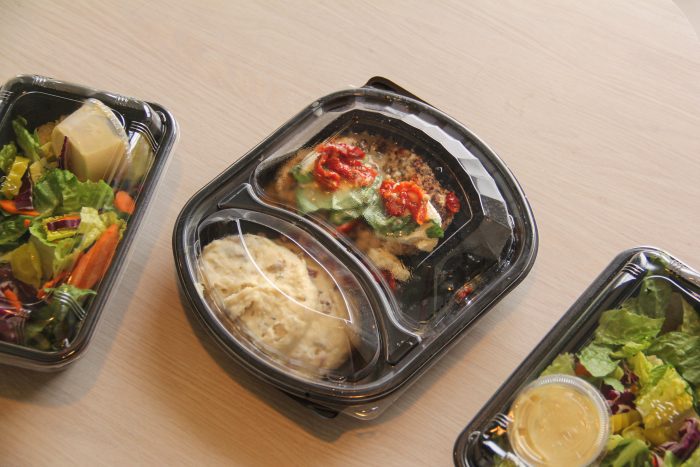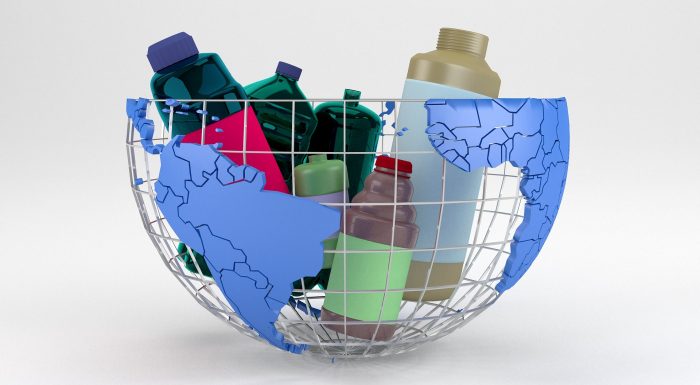The COVID-19 pandemic has brought unforeseen challenges for nearly everyone in our nation and world.
COVID-19 has already claimed the lives of 6.65 million people around the globe, 1.09 million of which are in the U.S. Countless more have been infected, with the illness hitting hardest the elderly and those with preexisting conditions. In this time, however, perhaps no demographic sacrificed more greatly than our youth.
We made a decision: Would we let the kids — who were not nearly as vulnerable to the disease as their older counterparts — continue their lives as usual? Or would we limit their in-person activities and restrict their social gatherings to curb the spread of COVID-19? Given a choice between age and youth, we opted for age.
Many children were shut out from traditional social interactions during those critical early years of their emotional and psychological maturation. Sadly, many high school seniors lost their graduation ceremonies, proms and final sport seasons.
In the absence of interpersonal connections, our young became increasingly dependent upon their technologies. Zoom sessions quickly replaced the classroom. Video games supplanted schoolyards and after-school hangouts. Their relationships with the outer world became mediated through a digital screen.
There is still much to learn about the long-term social and psychological impact of the pandemic on our youth. How will the frequent COVID scares, forced separations, quarantines and widespread social panic affect their developing minds? This remains an open question.
As we transition into the post-COVID era, we know that our young will have difficulty adapting. Right now, they need our help more than ever.
The generation that came out of World War I is often called the “Lost Generation.” A collective malaise defined their age following the shock and violence during that incredible human conflict.
Members of the Lost Generation were often characterized by a tendency to be adrift, disengaged from public life and disconnected from any higher cause or greater purpose. Right now, our youngsters are in jeopardy of seeing a similar fate.
Like the Great War, the COVID-19 pandemic was outside the control of our children, with the lockdowns and mandates precipitating from it. Yet, as is often the case, the young bore more than their share of hardship.
We cannot allow Gen Z to become another Lost Generation. They have suffered much already, and it is time that we repay them for their collective sacrifice. To make up for that lost time, parents and teachers must try to put in that extra effort.
Read with them, keep up with their studies, and apply the necessary balance of support and pressure so that they can be stimulated and engaged in school. Keep them from falling behind.
Remember to limit their use of technology, encouraging instead more face-to-face encounters with their peers. These interactions may be uncomfortable, but they are essential for being a fully realized human being. Devices cannot substitute these vital exchanges.
As it is often said, difficult times foster character and grit. Perhaps these COVID years will make the young among us stronger and wiser. But we must not allow the COVID years to break them either.
Despite their lost years, with a little effort and love they will not become another lost generation.
















